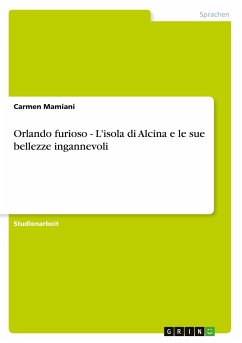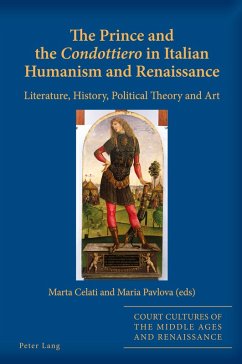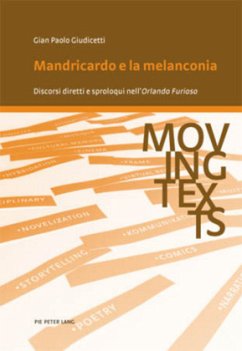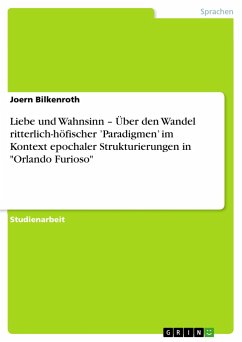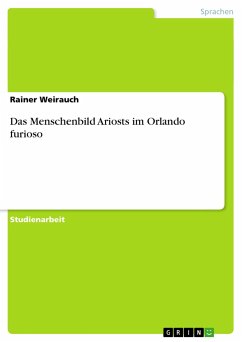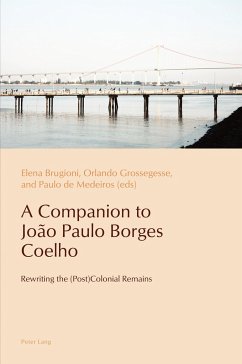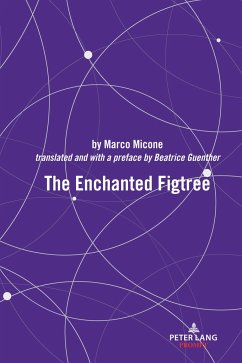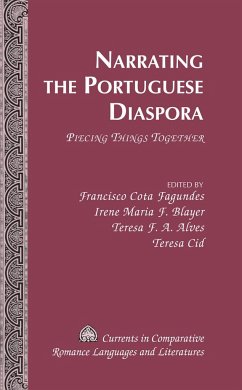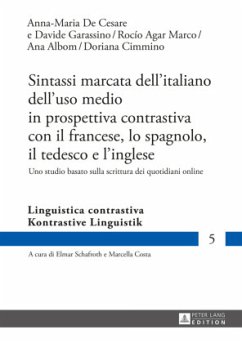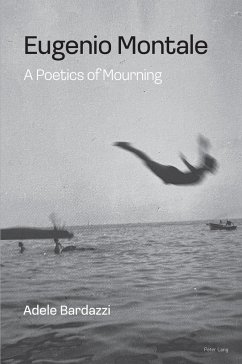
'Dreaming again on things already dreamed'
500 Years of Orlando Furioso (1516-2016)
Herausgegeben: Dorigatti, Marco; Pavlova, Maria
Versandkostenfrei!
Versandfertig in 6-10 Tagen
64,00 €
inkl. MwSt.

PAYBACK Punkte
0 °P sammeln!
The Argentinian poet Jorge Luis Borges, whose visionary poem «Ariosto y los árabes» inspired the title of this book, defined Ariosto's Orlando furioso as a dream: a dream that grew out of the medieval legends of Charlemagne and King Arthur to conquer the entire western world and become a collective fantasy, a mirror onto which for centuries countless readers have reflected their own dreams and aspirations. That dream reached its 500th anniversary in 2016 and, to mark the occasion, a group of 14 scholars, comprising internationally acclaimed specialists as well as younger researchers, came t...
The Argentinian poet Jorge Luis Borges, whose visionary poem «Ariosto y los árabes» inspired the title of this book, defined Ariosto's Orlando furioso as a dream: a dream that grew out of the medieval legends of Charlemagne and King Arthur to conquer the entire western world and become a collective fantasy, a mirror onto which for centuries countless readers have reflected their own dreams and aspirations. That dream reached its 500th anniversary in 2016 and, to mark the occasion, a group of 14 scholars, comprising internationally acclaimed specialists as well as younger researchers, came together in Oxford to reflect on Ariosto in what would turn out to be a memorable meeting of minds. This book contains their thoughts and ideas, and above all their dialogue, offering fresh perspectives on one of the most enigmatic works of European, and - increasingly - world literature. Divided into three parts (Tradition; Interpretation; Reception), it aims to establish what Ariosto's poem was in its own time, at key stages during its five-century history, and of course what it means today. In revisiting Ariosto's dream, it tries to answer the question: is it still alive?





